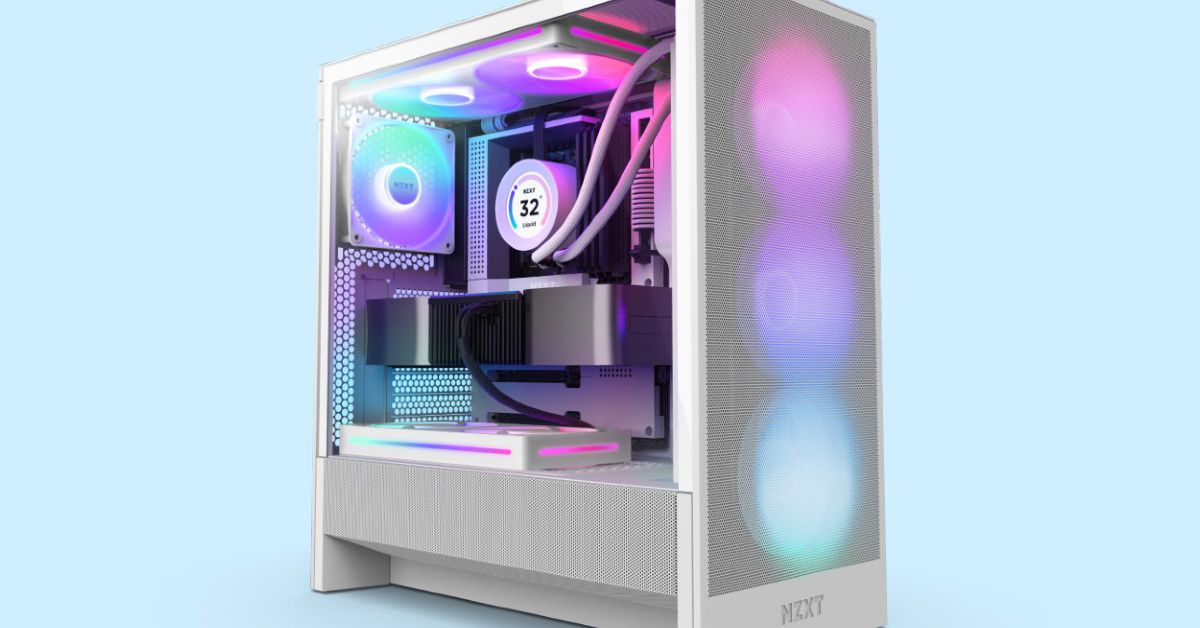However, what it said has not satisfied Gamers Nexus, which posted its own response, saying NZXT’s statement “not only misrepresents facts, but distorts the reality of their predatory rental computer program. The statement ignores major points and introduces several new concerns.” The post says GN is working on a new investigation into the program that “will take weeks or months to finalize.”
The two main actions NZXT says it’s taking are on the PC names, like switching the name of its “Player: One” rental PC to “Flex: One Subscription PC,” and influencer campaigns “where the statements did not accurately reflect the details of our NZXT Flex program.” NZXT says it has pulled all of its “influencer-led” advertising while it updates the language and process.
NZXT says it is adjusting the language in its subscriber agreement as well and will make it clear that the company doesn’t sell user data on customers’ returned PCs. “Every Flex PC that comes back is fully wiped,” Hou said.
Hou also addressed the rental PC specs that Gamers Nexus said fluctuated “day-to-day,” noting that the Flex program “doesn’t give you fixed specs” due to the changing availability of components. “Sometimes we don’t have more supply coming in, so in the midst of that we actually have to change the specs of our PCs.”
However, this still doesn’t explain why NZXT displayed the same estimated frames per second across builds with different components. The Verge has contacted NZXT about the program, but the company has not responded.

